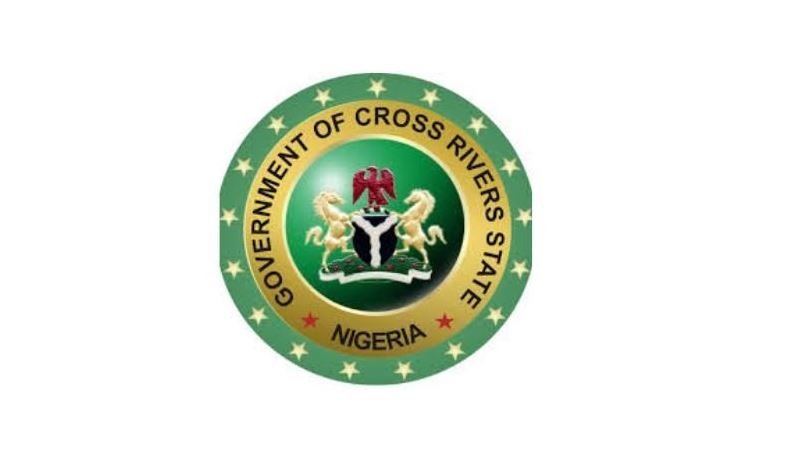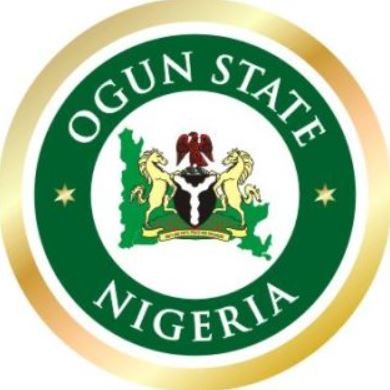
Complete List Of LGAs In Cross River State, Capital, And Chairmen
No | Local Government Area | Chairman | Headquarters |
|---|---|---|---|
1 | Abi | Hon. Egbala Bassey Egbala | Abi |
2 | Akamkpa | Hon. Felix Akposi | Akamkpa |
3 | Akpabuyo | Hon. Effiom Bassey Effiong | Akpabuyo |
4 | Bakassi | Hon. Effiong Bassey Okon | Akpabuyo |
5 | Bekwarra | Hon. (Mrs) Theresa Ushie | Bekwarra |
6 | Biase | Hon. Edodi Eyong Edodi (Edison) | Biase |
7 | Boki | Hon. Beatrice Etta Nyiam | Boki |
8 | Calabar Municipal | Hon. James Koko Anam | Calabar |
9 | Calabar South | Hon. Patrick Okon Archibong | Calabar |
10 | Etung | Hon. Henry Njar Anom | Etung |
11 | Ikom | Hon. (Mrs) Mercy Nsor | Ikom |
12 | Obanliku | Hon. Sunny Ayang | Obanliku |
13 | Obubra | Hon. Kingsley Arikpo | Obubra |
14 | Obudu | Hon. Peter Undiandeye Akonfe | Obudu |
15 | Odukpani | Rt. Hon. Etim Asido Ukpong | Odukpani |
16 | Ogoja | Hon. Christopher Agbeh | Ogoja |
17 | Yakurr | Hon. Yibala Inyang | Yakurr |
18 | Yala | Hon. (Dr) Fred Okem | Yala |
READ ALSO: Complete List Of Adamawa State House of Assembly Members
What Is The Capital City Of Cross River State?
Calabar, the capital city of Cross River State in Nigeria, is a vibrant metropolis located along the scenic banks of the Calabar and Great Kwa rivers.
Originally named Akwa Akpa by the Efik people, Calabar boasts a rich history dating back to the 15th century when Portuguese explorers first arrived on its shores. Throughout its history, Calabar has played an important role in trade, culture, and politics.
During the era of the Atlantic slave trade, it served as a major port for the export of goods such as palm oil and unfortunately, the trafficking of enslaved Africans to the Americas.
Today, remnants of this history can be explored at sites like the Slave History Museum, offering poignant insights into the region’s past.
In the 19th century, Calabar became a focal point for missionary activities, with figures like Mary Slessor leaving a lasting legacy.
The city witnessed the establishment of institutions like the Hope Waddell Training Institution, laying the foundations for education and social reform in Nigeria.
Modern-day Calabar is a bustling hub of activity, combining tradition with modernity. The city’s economy thrives on sectors like administration, naval operations, and tourism.
Under the visionary leadership of Governor Donald Duke, Calabar is Nigeria’s “tourism capital,” drawing visitors with its annual Calabar Carnival and diverse attractions.
From the serene Millennium Park to the historic National Museum and Mary Slessor’s House, Calabar offers an overload of experiences for travelers. Nature enthusiasts can explore nearby wonders like the Kwa Falls and Cross River National Park.
Education and healthcare also flourish in Calabar, with institutions like the University of Calabar and top-notch medical facilities catering to the needs of residents and visitors alike.
READ ALSO: Complete List Of Abia State House of Assembly Members
Responsibilities Of LGA Chairmen In Cross River State?
LGA Chairmen in Cross River State function as the chief administrators of their respective Local Government Areas (LGAs), overseeing a wide range of responsibilities that directly impact the lives of citizens.
Here are some of the key duties of LGA Chairmen in Cross River State:
● Leadership And Development
Chairmen provide direction and leadership for their LGAs. They are responsible for developing and implementing strategic plans that focus on economic growth, social development, and infrastructural improvement within their local areas.
This can involve initiatives like attracting businesses, improving access to education and healthcare, and overseeing the construction or maintenance of roads, bridges, and markets.
● Resource Management
Chairmen manage the financial resources allocated to their LGAs. This involves budgeting, expenditure oversight, and ensuring efficient use of funds for local projects and services.
Effective resource management is Important for delivering essential services like sanitation, waste disposal, and local administration.
● Security And Public Safety
Chairmen work closely with traditional rulers and security agencies to maintain peace and order within their LGAs. They may coordinate local security initiatives and ensure a safe environment for residents.
● Social Services And Welfare
Chairmen oversee the provision of basic social services like primary healthcare, education at the local government level, and social welfare programs for vulnerable groups.
This can involve collaborating with state and federal agencies to ensure residents have access to these essential services.
● Legislation And By-Law Enforcement:
Chairmen are responsible for upholding local government legislation and enforcing by-laws passed by their council. These by-laws may cover areas like sanitation regulations, market management, and environmental protection.
● Community Relations And Public Participation
Chairmen serve as a line between the state government and the local communities. They hold regular meetings and consultations with community leaders and residents to understand their needs and concerns.
Effective communication and public participation are essential for ensuring that local government programs and initiatives address the priorities of the people.
READ ALSO: Complete List Of Current Senators Representing Ogun State
Which LGAs In Cross River State Have The Most Economic Development?
Here are the top three LGAs In Cross River State with the most economic development:
1. Calabar Municipal:
As the capital city, Calabar Municipal has a well-developed service sector. According to Punch Newspaper, tourism is a major contributor, with festivals like the Calabar Carnival attracting visitors and boosting hospitality businesses.
Commerce thrives due to the concentration of shops, markets, and financial institutions. Also, the presence of educational institutions, government offices, and a developed transportation network further strengthens the local economy.
2. Calabar South:
Calabar South’s proximity to Calabar Municipal allows it to benefit from the economic spillover effect. Manufacturing has a strong presence, with factories producing goods like processed food and beverages.
Trade flourishes due to the location along major transportation routes. Calabar South has the potential for additional growth in sectors like light manufacturing and logistics due to its existing infrastructure and proximity to the capital city.
3. Odukpani:
Odukpani’s economic engine is undoubtedly the Tinapa Business Resort. This massive resort complex attracts tourists, generates revenue through hospitality and entertainment services, and creates employment opportunities in the surrounding area.
Trade also thrives due to the influx of visitors as documented in a Guardian Newspaper report on the economic impact of Tinapa.
The continued success of Tinapa and the potential development of related tourism infrastructure like convention centers could firm Odukpani’s position as a leading tourist destination in the state.
READ ALSO: Who Was The First Senate President Of The Federal Republic Of Nigeria?
Reference Resources:


